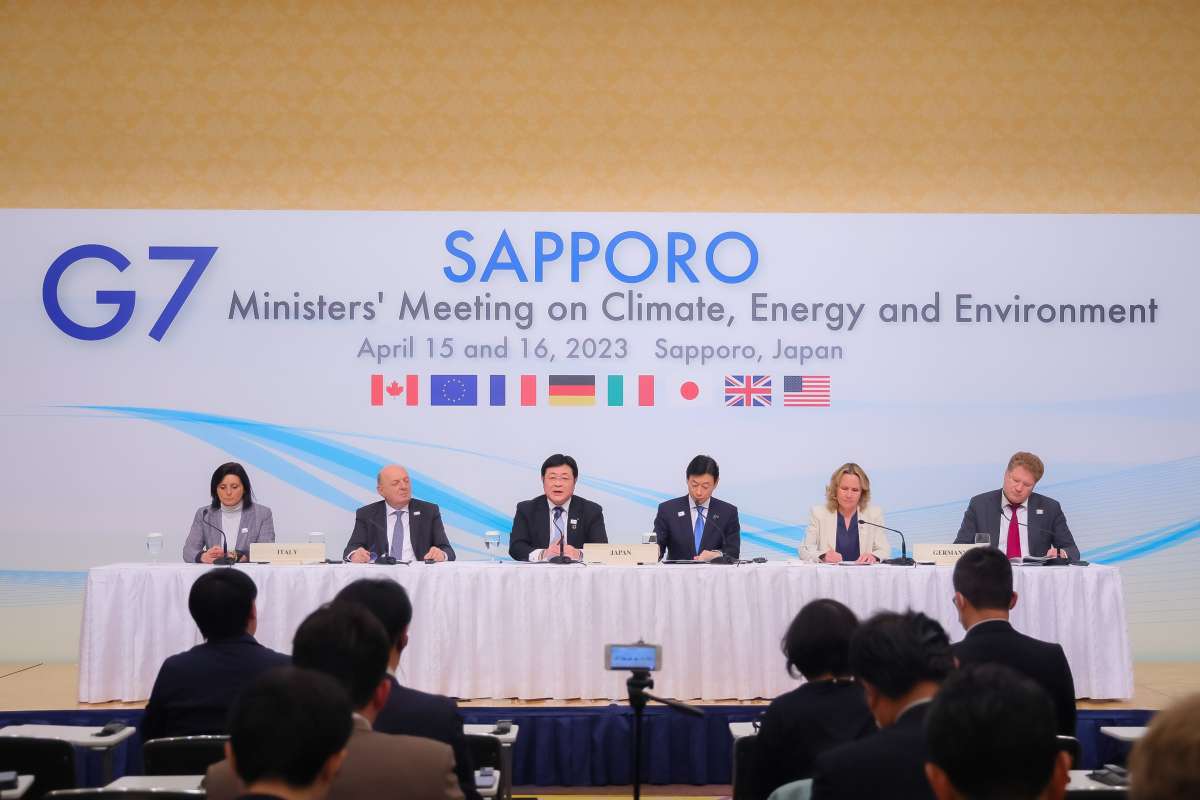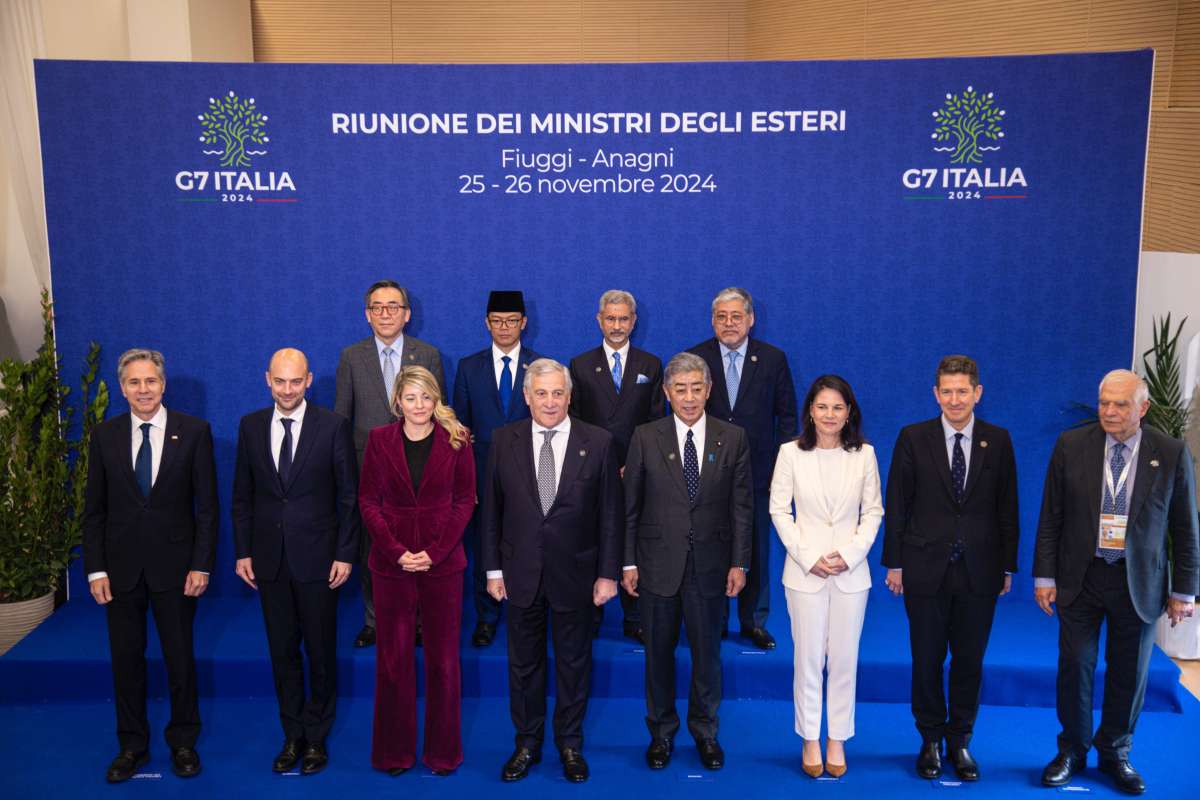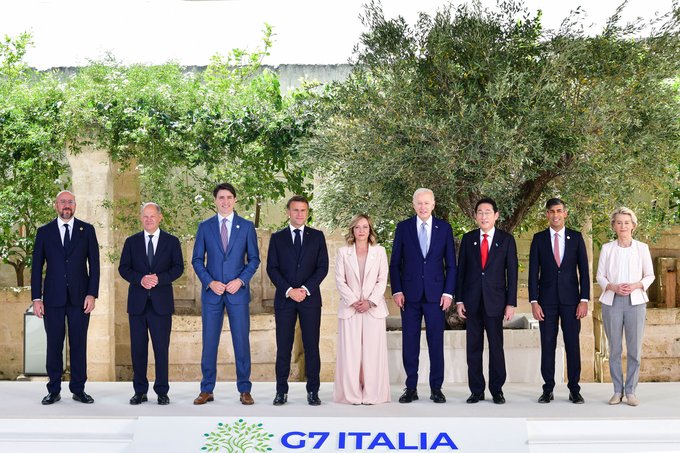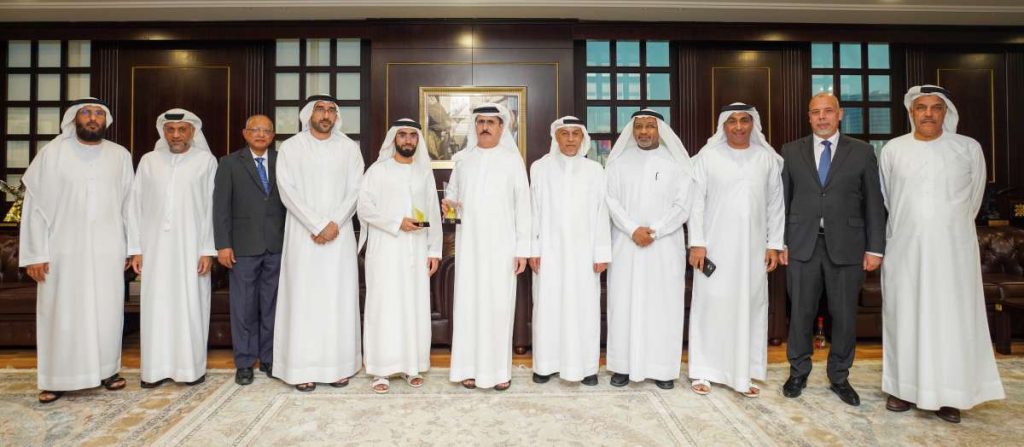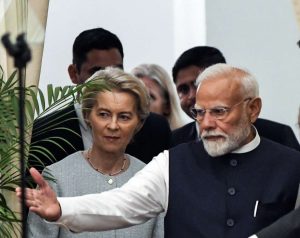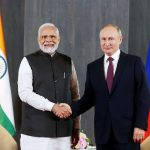More aggressive moves to reduce carbon emissions remain a highlighted difficulty for G7 as the world’s major industrialised economies continue to clash on coal…reports Asian Lite News
The G7 ministers of Environment and Energy have failed to set a deadline for phasing out coal-powered energy despite vows for net-zero emissions as their two-day talks ended in the Japanese city of Sapporo.
The ministers on Sunday underlined G7’s commitment to “accelerating the clean energy transition to net-zero greenhouse gas emissions by 2050” in a 36-page statement released after the G7 Ministers’ Meeting on Climate, Energy and Environment held from Saturday to Sunday.
More aggressive moves to reduce carbon emissions remain a highlighted difficulty for G7 as the world’s major industrialised economies continue to clash on coal.
Japan, as host of the meetings, was reluctant to agree to a specific time frame for ending the resource-poor country’s use of coal given its likely need to rely on the energy source for at least most of the 2030s, national news agency Kyodo reported.
The inclusion of natural gas within the phase-out goals adds pressure on Japan, which plans to rely on the energy source for around 20 per cent of its electricity generation in fiscal 2030, alongside coal for nearly 19 per cent and crude oil for nearly two per cent, the report added.
Japan, which presided over the meeting in the northern city of Sapporo, has been reluctant to agree to a specific time frame for ending the resource-poor country’s use of coal given its likely need to rely on the energy source for at least most of the 2030s, despite a push by Britain and Canada to end the practice, Kyodo News Agency reported. Japanese Economy, Trade and Industry Minister Yasutoshi Nishimura told a press conference that his country will work hard to phase out so-called unabated fossil fuels, which includes gas, oil and coal, in the power sector for the first time, after the G-7 agreed on aiming to do so.
Unabated is used to describe fossil fuels when a plant has not invested in pollution control technologies, such as carbon capture and storage, Kyodo News Agency reported.
The inclusion of natural gas within the phase-out goals adds pressure on Japan, which plans to rely on the energy source for around 20 per cent of its electricity generation in fiscal 2030, alongside coal for roughly 19 per cent and crude oil for around 2 per cent.
“We confirmed we will achieve carbon neutrality while recognizing that the path to reaching that target will vary depending on each country’s circumstances and energy situations,” Nishimura said, suggesting that the country maintains support from its G-7 peers on the use of fossil fuels for now.
The ministers reiterated their countries’ commitment to “fully or predominantly” decarbonizing the power sector by 2035 in a joint communique issued after their meeting, Kyodo News Agency reported.

